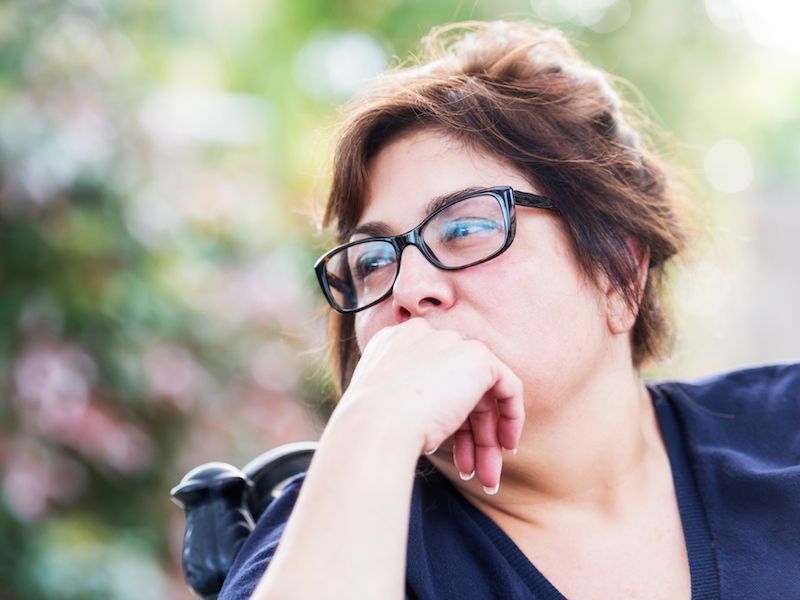
Studies indicate that people with diabetes are twice as likely to suffer from hearing loss, according to the American Diabetes Association. If you are a person that associates hearing loss with aging or noise trauma, this might surprise you. In 2010, 1.9 million people were diagnosed with diabetes and close to 500,000 of them were below the age of 44. Some form of hearing loss probably impacts at least 250,000 of the younger people with this disease.
A person’s hearing can be impaired by quite a few diseases other than diabetes. Apart from the obvious factor of aging, what is the link between these diseases and hearing loss? These illnesses that lead to loss of hearing should be taken into consideration.
Diabetes
What the connection is between diabetes and hearing loss is uncertain but clinical evidence seems to suggest there is one. People with prediabetes, a condition that indicates they may develop type 2 diabetes, tend to lose their hearing 30 percent faster than those with normal blood sugar levels.
While researchers don’t have a definitive answer as to why this occurs, there are some theories. It is possible that harm to the blood vessels that feed the inner ear could be caused by high glucose levels. Diabetes is known to impact circulation, so that is a reasonable assumption.
Meningitis
Loss of hearing is a symptom of this infectious disease. Because of infection, the membranes that cover the spine and brain become inflamed and that defines meningitis. Studies show that 30 percent of people will lose their hearing in part or in full if they get this condition. This infection is the second most common reason for hearing loss in American young people.
The delicate nerves that send signals to the inner ear are potentially injured by meningitis. The brain has no way to interpret sound if it doesn’t get these signals.
Cardiovascular Disease
Conditions that affect the heart or blood vessels are covered under the umbrella term “cardiovascular disease”. This category contains these well-known diseases:
- Peripheral artery disease
- Heart attack
- Stroke
- High blood pressure
- Atherosclerosis
- Heart failure
Age related hearing loss is usually linked to cardiovascular diseases. Damage can easily happen to the inner ear. When there is a change in blood flow, it may not get the oxygen and nutrients it needs to thrive, and injury to the inner ear then leads to loss of hearing.
Chronic Kidney Disease
A 2012 study published in The Laryngoscope found that people have an increased risk of losing their hearing if they have this condition. A separate study found that chance to be as high as 43 percent. However, this connection could be a coincidence. Kidney disease and other ailments involving high blood pressure or diabetes have lots of the same risk factors.
Toxins that build up in the blood due to kidney failure could also be the culprit, theoretically. These toxins may damage the nerves in the inner ear, closing the connection it has with the brain.
Dementia
Dementia and hearing loss have a two way effect on each other. There is the indication that cognitive deterioration increases a person’s chances of getting conditions like Alzheimer’s disease. Dementia happens due to brain atrophy and shrinkage. Difficulty hearing can hasten that process.
It also works the other way around. Someone who develops dementia even though there is normal hearing will show a decline in their hearing as injury to the brain increases.
Mumps
Mumps is a viral infection that can cause children to lose their hearing early in life. The reduction in hearing may be only on one side or it may impact both ears. The reason for this is that the cochlea of the inner ear is damaged by the virus. Messages are sent to the brain by this part of the ear. The good news is mumps is pretty scarce nowadays due to vaccinations. Not everyone will experience hearing loss if they get the mumps.
Chronic Ear Infections
For the majority of individuals, the random ear infection is not very risky since treatment clears it up. However, the small bones of the inner ear or the eardrum can take serious damage from constantly recurring ear infections. When sound cannot get to the inner ear with enough force to deliver messages to the brain it’s called conductive hearing loss. Sensorineural hearing loss or nerve damage can also be caused by infections.
Prevention is the key to steering clear of many of the diseases that can cost you your hearing. A healthy diet, plenty of exercise and regular sleep habits really help with protecting your ear health throughout your life. You should also get regular hearing exams to make sure your ears stay healthy.